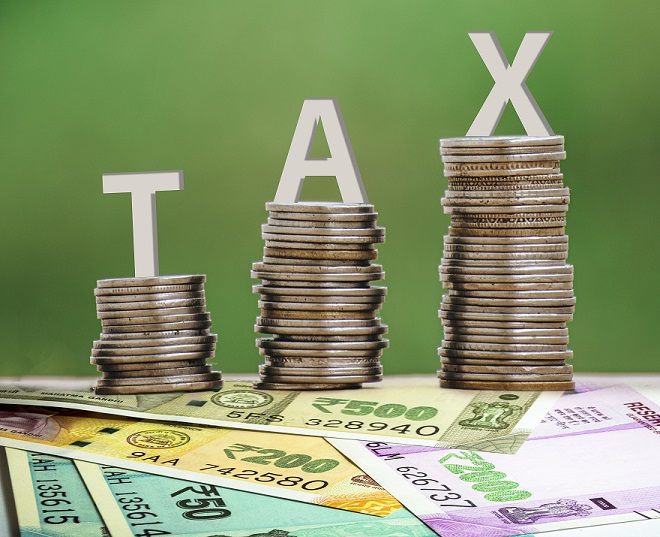
The global economy is dealing with the collateral damage caused by COVID-19. As per the recent estimates, COVID-19 has spread to more than 120 countries, claiming more than 8000 lives. With the spread of COVID-19, economic health of the world is also in danger. OECD estimates that global GDP growth would plummet to as low as 1.5 percent in FY21.
The burden caused by COVID-19 on the Indian economy is also high. The economy is grappling with a growth rate of 5 percent, lowest in the last 10 years, mainly contributed by domestic factors viz consumption slowdown, liquidity crisis and investment slowdown. In such a scenario, an external shock could further worsen the situation. The external shock could further aggravate the domestic issues. And, it would be difficult for the country to achieve the growth rate forecast by the Economic Survey at 6-6.5 percent for FY21.
China is the one of the major trading partners of India, having a total trade worth of$87 billion.India imports mainly electronic goods, electrical machinery, auto components, Active Pharmaceutical Ingredients (API) etc from China. The supply chain disruption caused by the outbreak of virus can negatively affect production in these industries. This in turn can have spill over effects to employment, consumption, and investment, pulling down the growth rate. Similarly, the exports sector will also face the heat due to the unavailability of raw materials, slowing global demand, and shipment restrictions.
Although, India would be feeling the pinch from the disruption of global supply chain and its associated spillovers, it also gives an opportunity for the country.In the coming years, the global companies would try to minimise their exposure to a single countryfor raw materials and other businesses, and will diversify their operations to other countries. In such a scenario, India has huge potential provided we offer aconducive atmosphere for the businesses to grow. It is an accepted fact that the country has made significant strides in improving the business climate, yet more measures need to be taken. Recently, the government has cut the corporate tax rate for new enterprises to as low as 15 percent, which is a welcome step. However, taxes are only one of the ingredients for attracting foreign investments to the country.
The country still faces issues with regard to land acquisition, labour laws and other logistical bottlenecks. It is mainly due to these issues that India failed to grab the opportunity from the trade tensions between the US and China. On the other hand, countries such as Vietnam, Bangladesh and Philippines benefited from the trade war between the US and China.
Government and RBI are also in a difficult situation on how to respond to the current crisis. Even though measures from both the central bank and government would seem to be ineffective at this point, it would be necessary in the coming quarters to lift the economy from the current crisis. However, it needs to be emphasized that the current focus of the government should be to contain the outbreak of the coronavirus.










The uncertainty from Covid is still continuing. This is a novel situation unforeseen by any government or financial experts. In India the situation is complemented by slowdown in consumption and investment and liquidity crisis. First time when the current leadership came to power, they were saying, “India is shining”. Now everybody knows the reason. Immediately after they came to power the oil price declined all over the world. Inside the country the fuel prices were kept almost steady by increasing the taxes which generated huge income for the government. The previous governments were subsidizing the fuel while they kept the corporate taxes at a high level. Still in that environment the growth was sustained. Everything collapsed with the demonetisation. It did not serve its purpose but destroyed the liquidity in the system. Its spiral effect is continuing with slowdown in consumption and investment while NPAs with the banking system is still out of control. The Covid is going to aggravate the slowdown which is not in the control of any government.